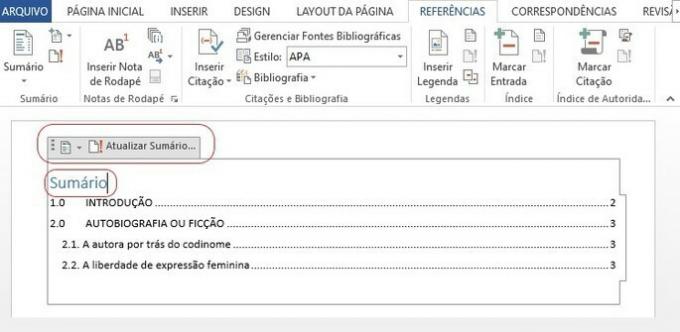Writing Techniques vary according to the types of texts used, which can be essay, descriptive or narrative.
Whatever the type of text used, the content is developed throughout the text and is divided into the following parts:
1st Introduction - delimitation of the theme. Indicates the topic that the essay is about.
2nd Development - argumentation or thematic progression. Ideas are developed, while opinions are given as well as defended.
3rd Conclusion - outcome for the presented arguments.
This is also how our reasoning must be organized. The success of an essay depends a lot on how the text is structured.
Before starting to write everything that comes to mind, it is necessary to delimit the theme, making room for what is really important. This prevents the writing from becoming too long.
Dissertation
An essay text must be opinionated. It presents one or several arguments, which close with an idea.
In addition to structuring the text well, ensuring its thematic progression, coherence is one of the most important factors in this type of writing.
read Essay Text.
Narration
When using the narrative text, it is important to take into account that everything necessary for this story to be understood is present in the newsroom. This is because the narration tells a story or narrates a fact.
Ask the following questions. If all are answered in the essay, the plot is complete: What? At where? When? With whom? Like?
read Narrative text.
Description
Describing is telling something in detail. This is done by exposing details, qualities, impressions and sensations that the writer has of something.
Thematic progression is made with the presentation. The description and characterization follows, ending with a summary of what was presented.
read Descriptive Text.
Tips!
- Enclose the theme.
- Structure the text well.
- Do not use colloquial language.
- Avoid expressions like “I think”.
- Avoid the buzzwords. Examples: "Pleasing Greeks and Trojans" and "Overwhelming Victory".
- Be consistent. Don't contradict yourself!
- Read your text at the end slowly and, if possible, aloud. This can ensure that the scoring was done correctly.
And finally read! Those who are in the habit of reading, find it easier to express themselves, in addition to avoiding spelling and grammatical errors.
Read:
- Writing Tips
- Textual Coherence
- Textual Cohesion
- Text Interpretation Tips
- How to do good writing - step by step
- The 16 biggest writing mistakes made by students


